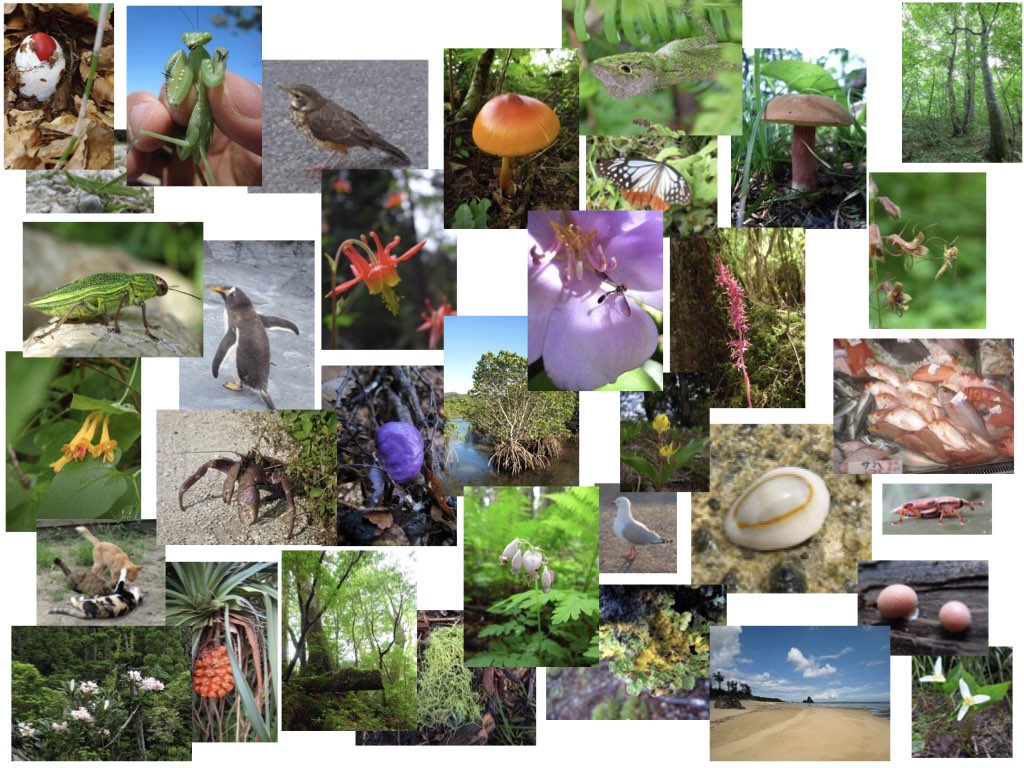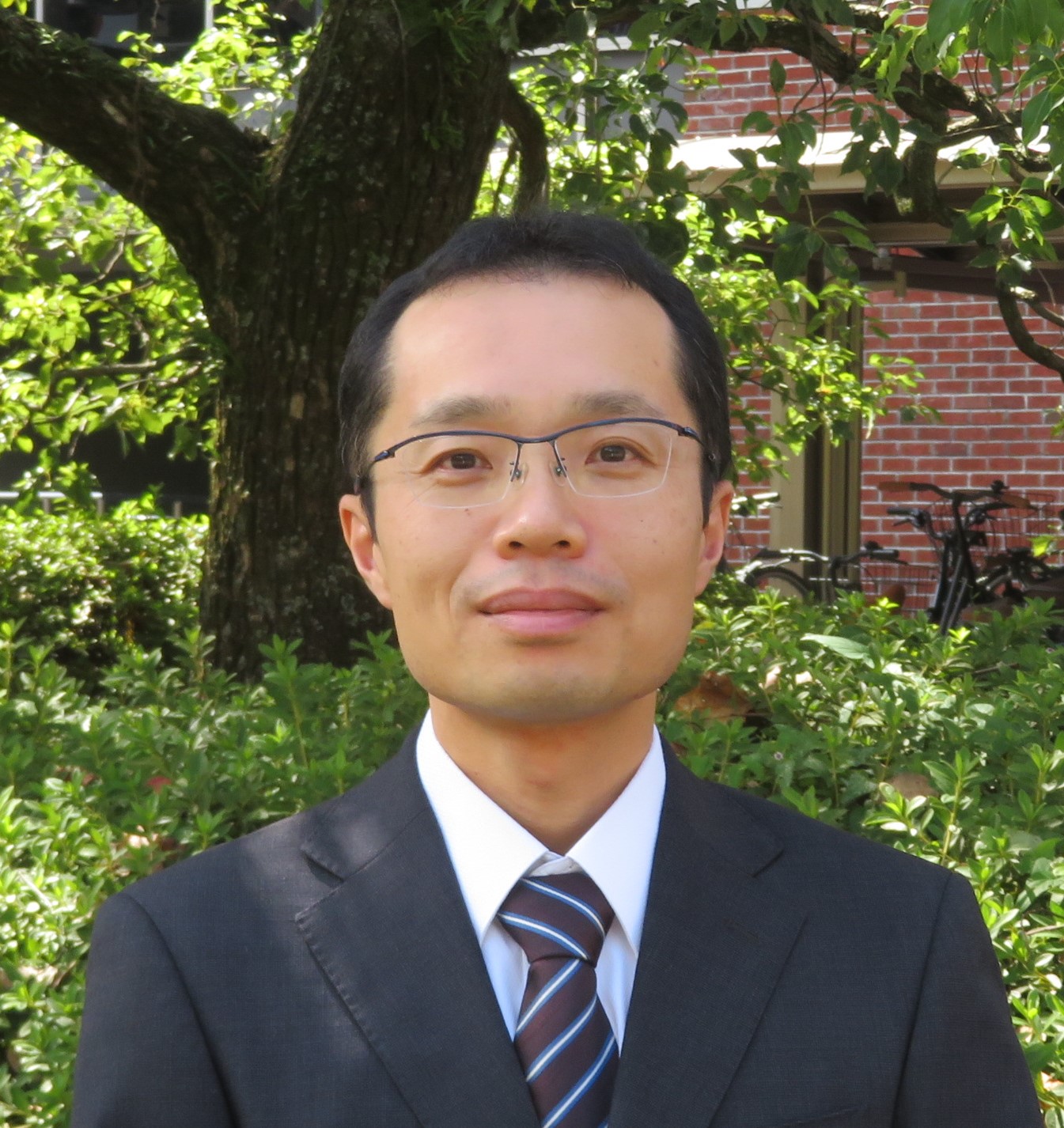Research summary
Research outline
Throughout its four-billion-year evolution, life has expanded into diverse environments. In the history of life, symbiosis has brought about innovations, resulting in explosive evolution and species diversification in new environments. We aim to understand how interactions between species have organized ecosystems on the Earth. Combining fieldwork in natural ecosystems with genomics and information science, we will decipher the driving principles of life systems at the population, community, and ecosystem levels from phenomena at the molecular and cellular levels.
While our primary research focus is on plant- and fish-associated microbiomes, we explore diverse organisms and phenomena that have potential to shed new light on the formation of the biosphere. By integrating the best of molecular biological and informatics methods available in current science, we will develop an overview of the coevolutionary history of life.
Main themes
- Roles of microbiomes in environmental adaptations of plants
- Coevolutionary history of land plants and mycorrhizal/endophytic symbionts
- Effects of aquatic/gut microbiomes on fish’s physiology and ecology
- Coevolution of invertebrates and their symbionts/parasites
- Multistability and temporal dynamics of ecosystems
Member
|
TOJU, HirokazuProfessor |
toju.hirokazu.4c*kyoto-u.ac.jp See faculty information |
|---|---|
|
FUJITA, HiroakiAssistant Professor |
fujita.hiroaki.3x*kyoto-u.ac.jp |
- Please note that the @ symbol has been replaced by *.
Access
Faculty of Medicine Campus, Faculty of Medicine Bldg. G South Campus Research Bldg.



